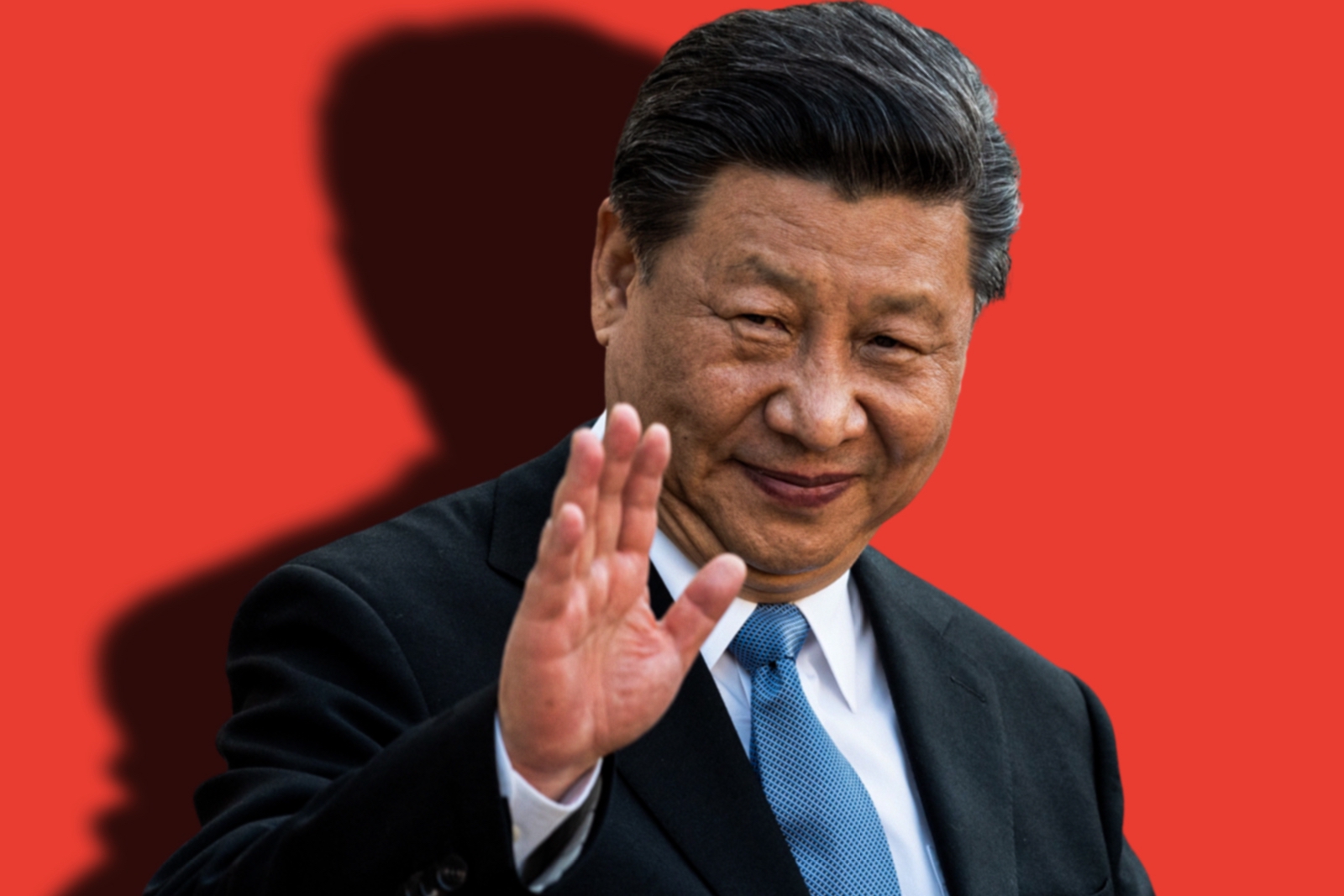
Will Trump’s Trade War Spark a Real War?
Will there be a war between China and the United States? This question surged into popular discourse in early April, largely because China was the first country to impose strong retaliatory measures in response to Trump’s so-called “reciprocal tariff” policy.
Some now worry that the global atmosphere increasingly resembles the era of tariff wars that preceded World War II—prompting fears that economic conflict could escalate into military confrontation.
Which country might next go to war with the United States? Yemen? Iran? Perhaps a nation in Africa or Latin America? In my view, it most certainly won’t be China.
This is not because China is weak or unwilling. On the contrary, defending its national interests and dignity remains central to Beijing’s strategy in dealing with Trump’s economic provocations. On no issue will China simply yield to Donald Trump’s increasingly unrealistic demands.
Since Trump’s first term began eight years ago, China has grown acutely aware of what it sees as Washington’s hegemonic imperialism. Beijing has always preferred cooperation with the U.S., never desiring to cast it as an adversary. But if the U.S. is intent on launching a trade war, a tariff war, a tech war—or any other kind of confrontation—China is prepared to fight back.
China does not rule out cooperation with the U.S. when it is based on mutual respect and a shared interest in “win-win” outcomes. But it understands that meaningful cooperation cannot be passively pursued; it must be earned through sustained struggle.
In this latest round of tariff disputes, China’s retaliatory actions have been notably restrained, focused solely on trade. It does not want friction with the U.S. to spiral out of control. One telling sign of this is the silence of China’s top leadership—apart from statements issued by the Ministry of Foreign Affairs and the Ministry of Commerce, no senior official has publicly commented on Trump’s tariff moves.
This reflects a posture of strategic calm. China’s leadership has maintained a tone of resilience and rationality, demonstrating the emotional steadiness and long-term foresight of a global power.
Few now remember that, just three days before his inauguration on January 20, Trump spoke by phone with Chinese President Xi Jinping. Xi emphasized that as two major powers with vastly different national conditions, it is inevitable that China and the U.S. will have disagreements. What matters, Xi argued, is that each side respects the other’s core interests and major concerns and finds constructive ways to resolve disputes. He also reiterated that the nature of China-U.S. economic ties lies in mutual benefit and “win-win” cooperation—warning that confrontation should not be the default path.
Indeed, China’s reluctance to enter into direct confrontation with the U.S. stems not from fear, but from deep confidence in its own growing power. It knows it would not be the loser in a conflict.
In the 1950s, China lacked an established navy and air force, and yet it fought the U.S. to a stalemate in the Korean War, forcing an American retreat to the 38th parallel. Today, the contrast is stark. China has three aircraft carriers deployed in the western Pacific and is poised to build more. It fields Dongfeng-31AG intercontinental ballistic missiles with a range of 12,000 kilometers, sixth-generation fighter jets, and accounts for over 70 percent of the world’s drone production. The idea of a U.S. military victory over China is increasingly unrealistic.
And the U.S. knows it. Think tanks like the RAND Corporation and the Center for Strategic and International Studies have published simulations of possible war scenarios between China and the U.S. over Taiwan, the South China Sea, or the Korean Peninsula. The conclusions are sobering: not only could the U.S. fail to win, but it could face a catastrophic defeat.
Still, why wouldn’t China, with all this power, strike first? The answer is plain: it won’t. Over the past four decades, China has never initiated conflict with the U.S. On issues ranging from Xinjiang, Tibet, and Hong Kong to the South China Sea, human rights, trade, and technology, it has consistently been Washington that has taken the first aggressive step.
Even now, in the face of what has become the world’s largest tariff war, China has shown that it can defend its interests without resorting to military means.
China’s export competitiveness remains formidable, especially in sectors such as lithium batteries and toys. Seven years ago, Trump’s initial tariffs raised the cost of Chinese goods by 20 percent. Yet, U.S. imports from China continued to rise.
According to U.S. Department of Commerce data, from January 2024 to January 2025, American exports to China dropped by $2.18 billion—an 18 percent decrease from $12.1 billion to $9.9 billion—while imports from China increased by $5.85 billion, or 16.3 percent, from $35.8 billion to $41.6 billion.
Even if tariffs were raised to 200 percent, the U.S. would still rely heavily on Chinese imports. Conversely, U.S. products such as soybeans and crude oil have limited appeal in the Chinese market. China’s retaliatory tariffs are forcing American exporters to seek new markets, with substantial losses likely for U.S. agriculture and energy sectors.
Meanwhile, Chinese manufacturers are increasingly expanding their international operations. Trump’s tariffs have had the unintended effect of pushing China’s companies toward greater globalization. Until recently, many Chinese firms had minimal international presence. Now, they’re building a global footprint. In this light, Beijing sees Trump’s trade war not as a crisis but as an opportunity.
Over the past eight years, China has amassed substantial experience in navigating its relationship with the U.S. It has concluded that the best response to Trump lies in strengthening its own internal systems. Beijing continues to pursue domestic reforms, open its economy further to international investment, break through foreign technological blockades, and attract global capital. These efforts have made China one of the world’s premier investment destinations. In this broader contest with the U.S., Beijing believes that time is on its side.
A viral cartoon on Chinese social media perfectly captured this sentiment. It showed Trump dressed in the imperial robes of the Qing Dynasty’s Empress Dowager Cixi declaring war on the world. In 1900, Cixi, convinced of her empire’s invincibility, declared war on eight major powers—only to see the Qing Dynasty collapse shortly afterward.
To many in China, the cartoon draws a clear parallel. Trump, like Cixi, appears trapped in outdated assumptions of national supremacy, failing to grasp a shifting global reality. The decline of American manufacturing and relative influence, in the eyes of many Chinese observers, began with Trump.
This is precisely why Beijing sees no need to escalate tensions. But if Washington truly loses its composure and initiates war, the result would not resemble a rerun of the Korean War—it would be far worse.
